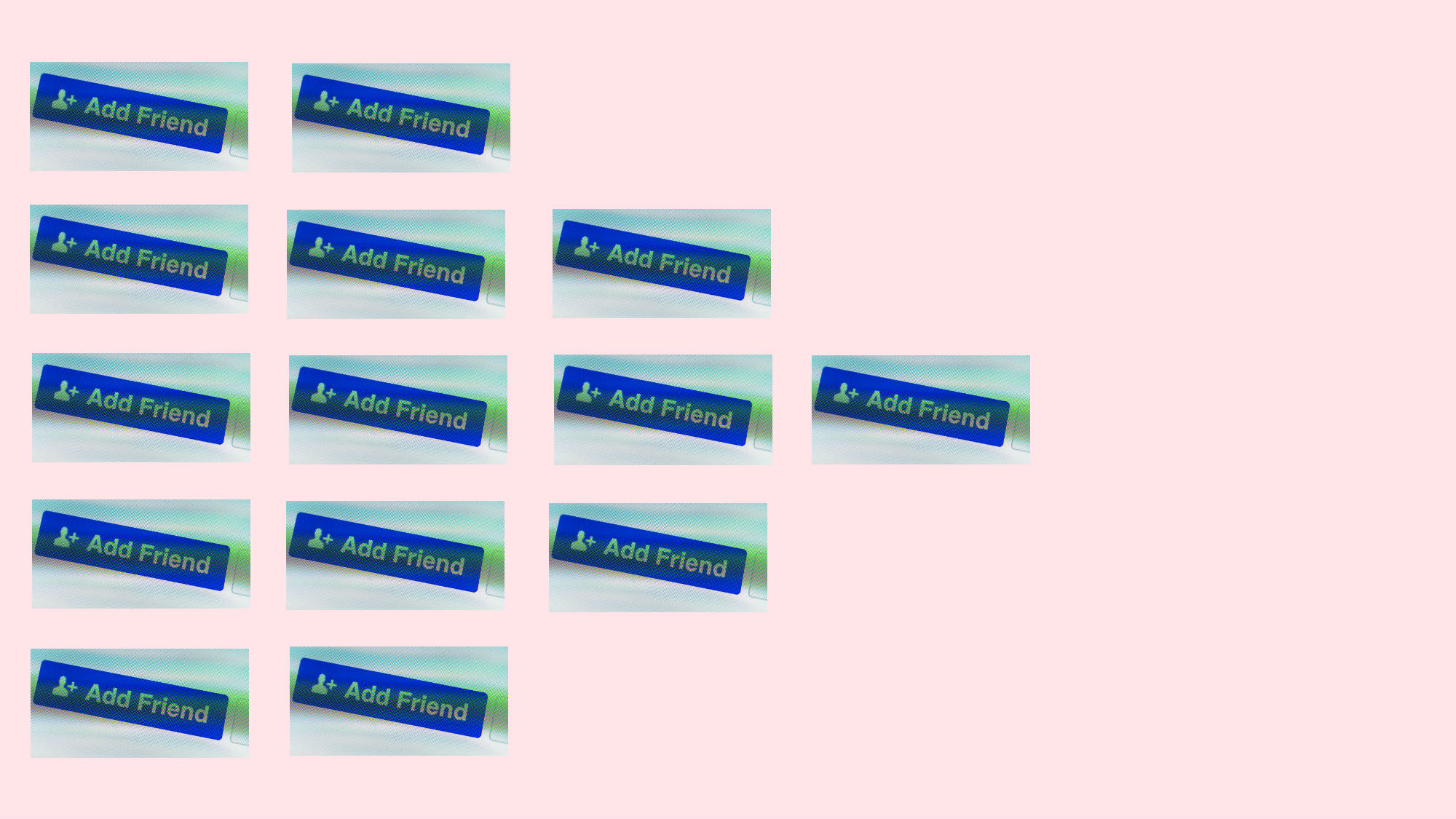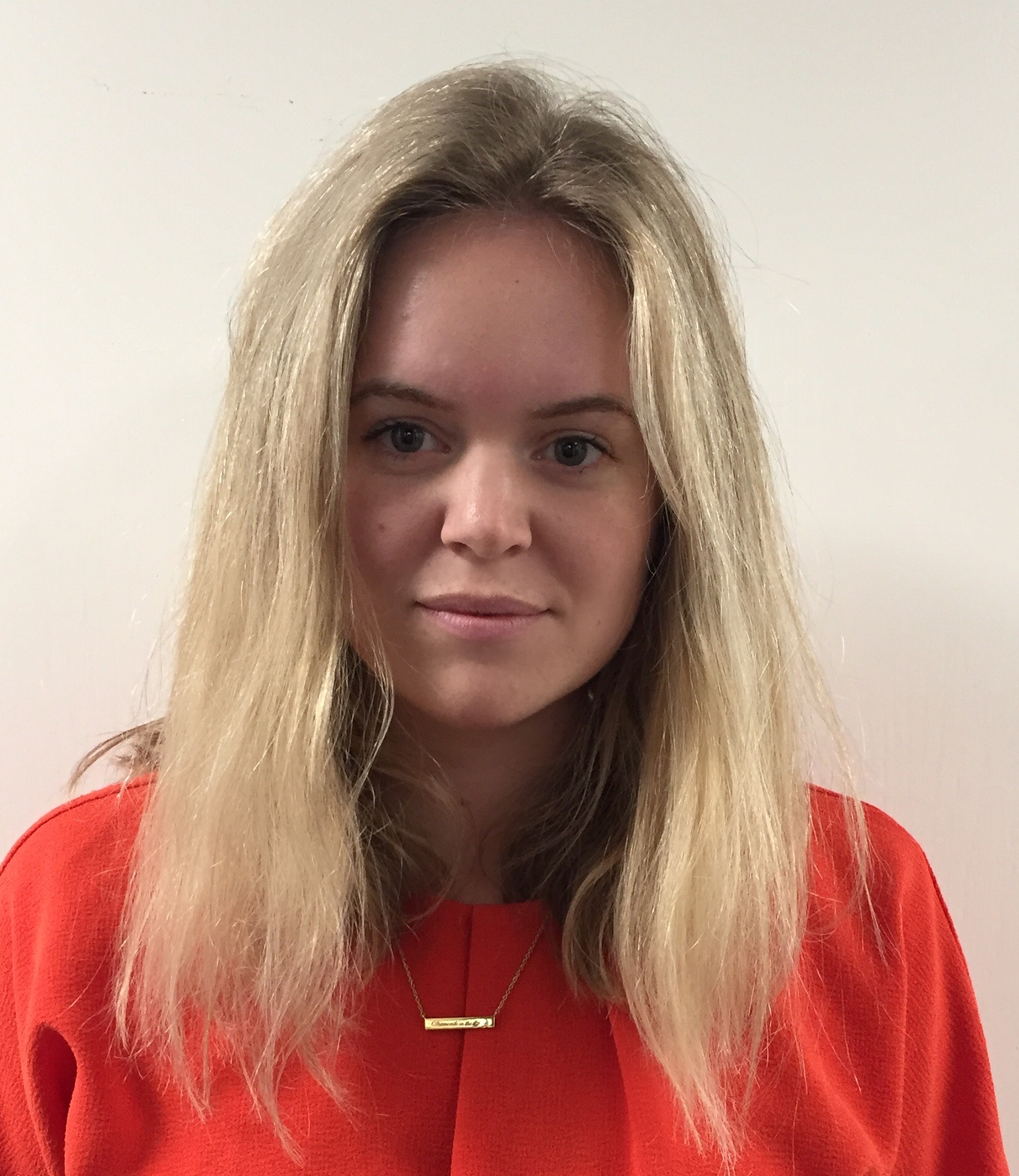‘Why deleting Facebook feels like burning my teenage diary’
If I think my old University network has become an opaque, data-stealing EvilCorp it's well within in my power to delete my account - so why won't I?


Celebrity news, beauty, fashion advice, and fascinating features, delivered straight to your inbox!
You are now subscribed
Your newsletter sign-up was successful
If I think my old University network has become an opaque, data-stealing EvilCorp it's well within in my power to delete my account - so why won't I?
I've never been an early adopter of anything, but by default I was an early adopter of Facebook. I was in my first term of Newcastle University in 2006 when a friend at Edinburgh told me about a new student social network called Facebook she'd just joined. 'It's coming to you soon,' she said. The early version - rolled out in UK universities - had a login banner with 'theFacebook' in box brackets and geeky little Top Gun in-jokes in the footer ('too close for missiles... I'm switching to guns')
Under a box called 'What is poking?' Facebook wrote, 'We have about as much of an idea as you do. We thought it would be fun to make a feature that has no specific purpose to see what happens from there. So mess around with it, because you're not getting an explanation from us.'
That's become a stock response from Facebook, but now they've got a lot more to explain than poking. Last week, as #DeleteFacebook began trending on Twitter, I went into my Facebook settings and realised more than 25 apps, many of which I'd never heard of, had access to my profile picture, cover photo, networks, username, user ID and friends list. I went through the list, angrily deleting each one, even though they had all my information already - the same 'closing the stable after the horse has bolted' policy Facebook adopted this week when they announced a ban on Cambridge Analytica (slow clap).
On Thursday Tim Berners-Lee wrote on Twitter that he might have created the Internet, but it was up to us to shape it. If I think my old University noticeboard is now a horrendously opaque, data-stealing, unaccountable EvilCorp it's well within in my power to delete my account.
The reasons I loved Facebook when it launched - a place to flirt and look at photos from our 2-4-1 Monday at Hoko 10 - are long gone. I can't poke anyone anymore and I haven't uploaded an album since my wedding three years ago. And even if we're only just waking up to the full extent of its crimes, Facebook has been hideously uncool for years - the social media equivalent of Dad dancing to anyone under the age of 25.
But it's also an archive of my twenties that I can't bring myself to delete. The good: my Freshers year album pretentiously titled 'a year of procrastination' that I want to hang onto for posterity, the many threads of messages and life events shared in real time that I know will mean something to look back at one day, and the continued connections with friends and multiple generations of family I'd otherwise see less than once a year. When a family friend fell out with her daughter, I helped her contact a grandchild - who she hadn't seen in years and missed terribly - through Facebook.
Celebrity news, beauty, fashion advice, and fascinating features, delivered straight to your inbox!
Then the bad: family rows over Brexit, the private message from an ex that made my ears ring with horror and - one that comes back to me every so often just before I fall asleep - the time I didn't realise Facebook sent email copies of every message you write on someone's wall and the guy I fancied got all three 'BREEZY' messages I'd posted and deleted ('Wow thanks for your messages... all 3 of them,' he wrote.)
It's terminally uncool to be a first gen Facebooker. Generations of students before me have had their University years defined by the Beatles or the Rolling Stones. But I shared my twenties with that big evil Dad dancer - now I'm not sure I can let go.
